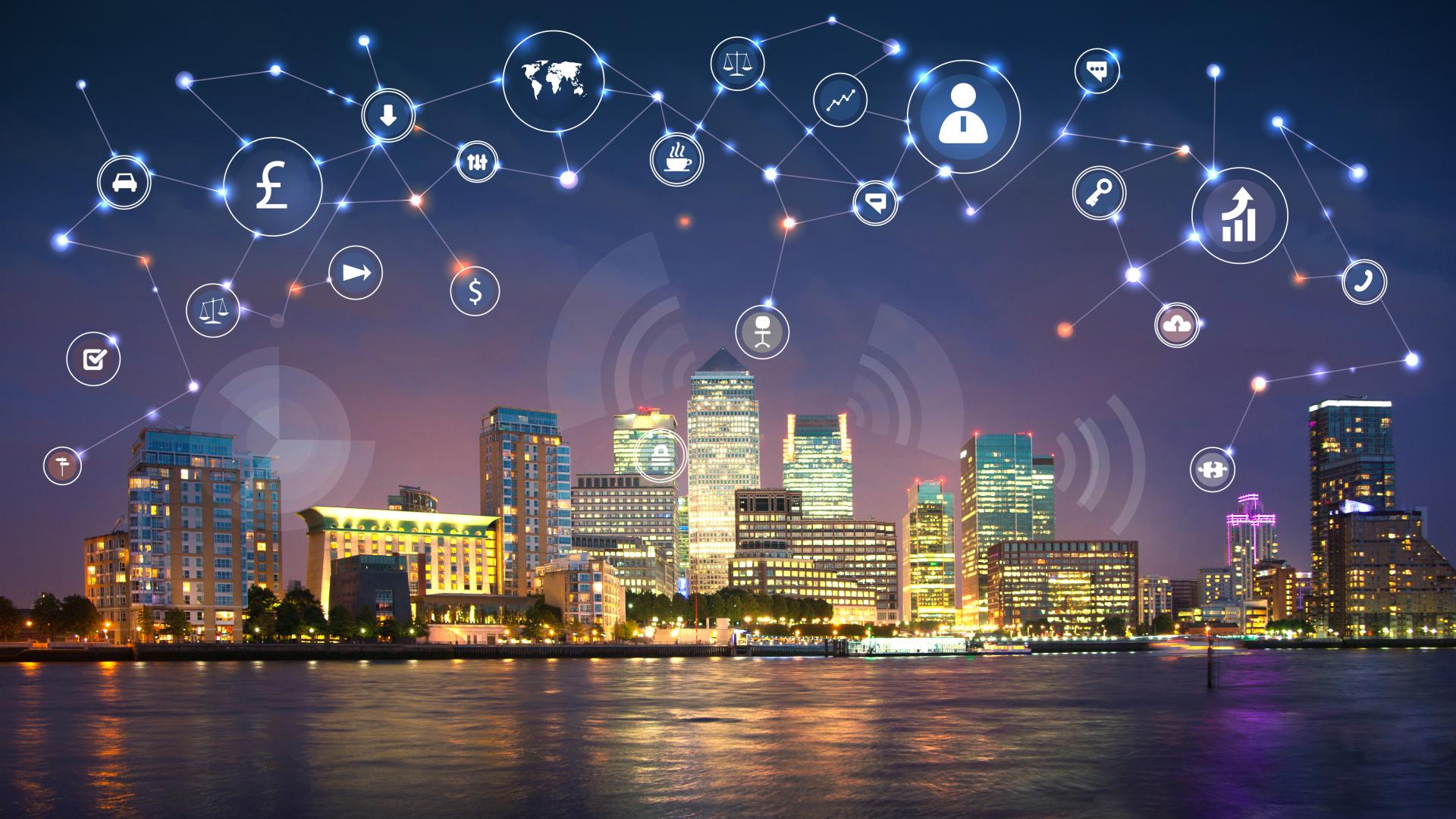The transition from fossil fuels to sustainable renewable energy resources has triggered fundamental changes in power systems. According to reports from the United Nations, there have been larger increases in renewable generation capacity than non-renewables since 2015. Promoting an intelligent, integrated, and functional power grid under this new paradigm relies intensely on power electronics, communication, measurement, and control.
The high variability of renewable energies, such as wind and solar, and the more intricate dynamics of power electronics introduce challenges to the classical methodologies based primarily on analytical models. Therefore, collecting large amounts of data becomes essential for a more comprehensive understanding of future electrical networks. Processing such data and extracting the most relevant features can result in powerful tools for stability assessment and control design.
Distributed generation, prosumer* integration, and vehicle-to-grid (V2G) technologies increase the number of agents that actively contribute to the fast-paced changes in the role of power systems in modern society. As a result, we notice rising impacts on important grid characteristics such as controllability, observability, predictability, and stability.
Supplementary controllers preserve vendor-specific protocols, structures, and intellectual property while leveraging the capability of modern converters to follow external control references. The additional reference signals can tackle specific undesirable system responses to faults, disturbances, unexpected control interactions, and even cyber-attacks in a highly connected network.
Remaining aware of the real-time evolution of several variables in the system, supplementary controllers can act as a buffer against false data injection attacks, playing a supervisory role from the perspective of an external control loop.
Although these are clear strengths towards more resilient and reliable grids, the potentially heavy dependence on information sharing through data collection and communication requires even more extensive research efforts to ensure privacy, security, and data integrity in the quest for trustworthy modern power systems.
*An individual who both consumes and produces (e.g., households with solar panels where they can both consume and supply energy to the network).

